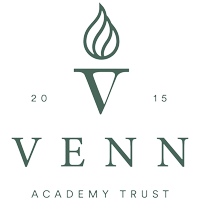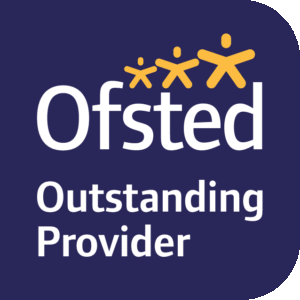
“The work of the
life coach can include one-to-one work in addition to positive thinking strategies,
mindfulness and aromatherapy.”

“Pupils welcome new arrivals with understanding and compassion.”

“Pupils are given chances to reflect upon this
through ‘life books’ where observations are made, and improvements praised.”

“Pupils told inspectors that they really value the way in which they feel respected at your school.”

“All pupils benefit from targets to help them to develop their social and emotional skills and to build a level of resilience.”

“The most striking aspect of your school is the way in which you plan to support pupils’ individual needs.”

“Pupils make strides socially and emotionally.”

“In classrooms, pupils focus hard and respond well to any advice and guidance that is given to them.”

“Inspectors saw first-hand the way in which your staff spoke to pupils with compassion and respect.”

“Teachers consider
pupils’ emotional well-being deeply and give them space when they need to refocus.”

“Once at school, the life coach works with
individuals to help them to deal with any anxieties that they may have.”

“Your school helps pupils to become
confident rounded young people.”

“Within classrooms, teachers reward positive behaviours consistently.”

“A time of ‘reflection’ at the end of the
day allows pupils to consider how they have performed at school and helps them to focus on their attitudes and behaviours. ”

“Pupils at your school feel safe.”

“An SEMH curriculum runs through the heart of your school.”

“You seek to identify any triggers which cause pupils to behave erratically and you work towards eliminating these.”

“Pupils talked to us about the way in which you
and your staff celebrate difference and help to make everyone feel valued.”

“Before coming to
school, you and other leaders work hard to understand the needs of individual
pupils.”

“Pupils value the way in which you and your
staff make everyone feel included.”

“The systems and structures that you have put in place ensure that pupils feel safe at school.”

“Teachers and teaching assistants work hard to ensure that pupils are ‘nudged’ in the right direction in lessons.”

“Teaching at your school is characterised by positive relationships between members of staff and pupils.”

“A time of ‘reflection’ at the end of the
day allows pupils to consider how they have performed at school and helps them to focus on their attitudes and behaviours. ”




